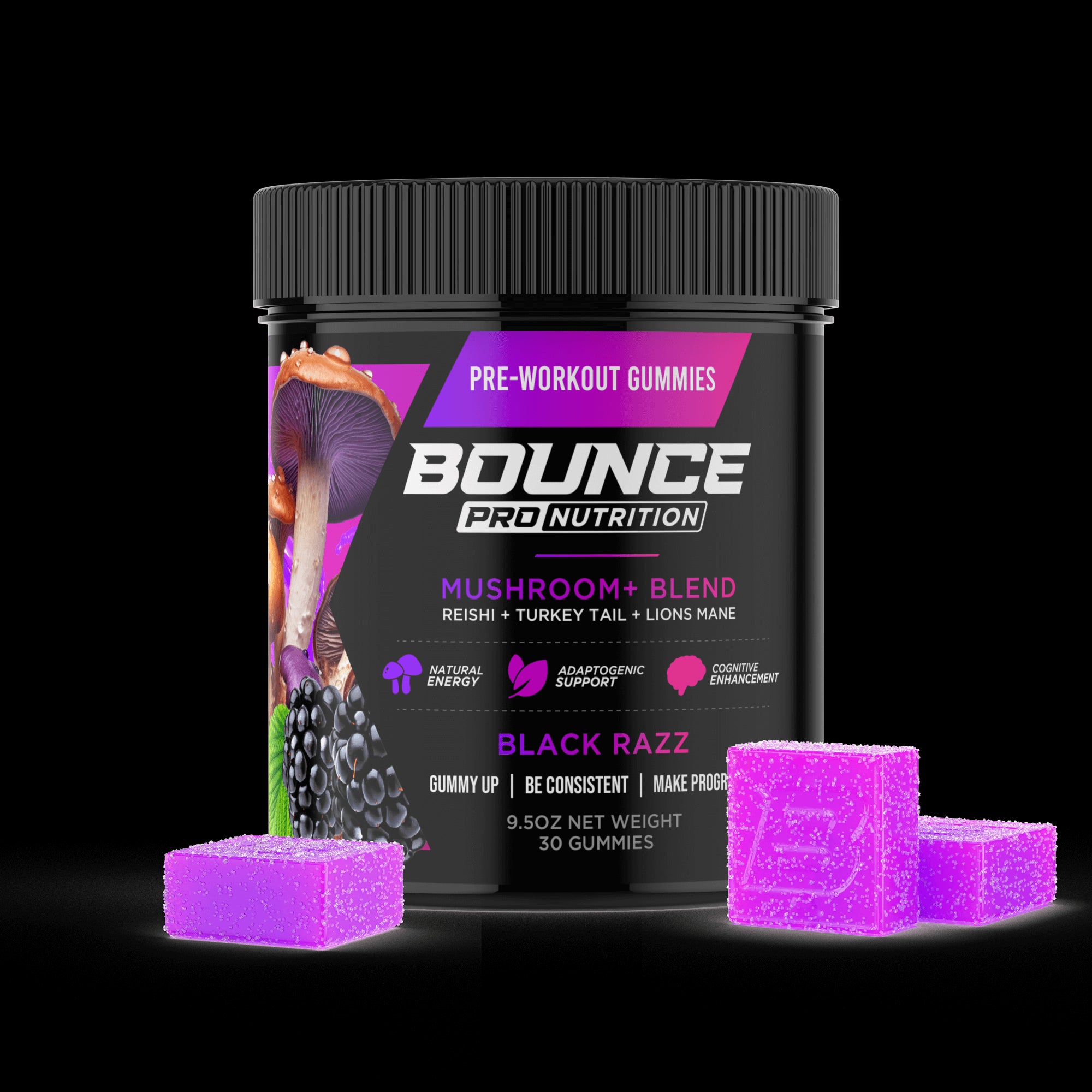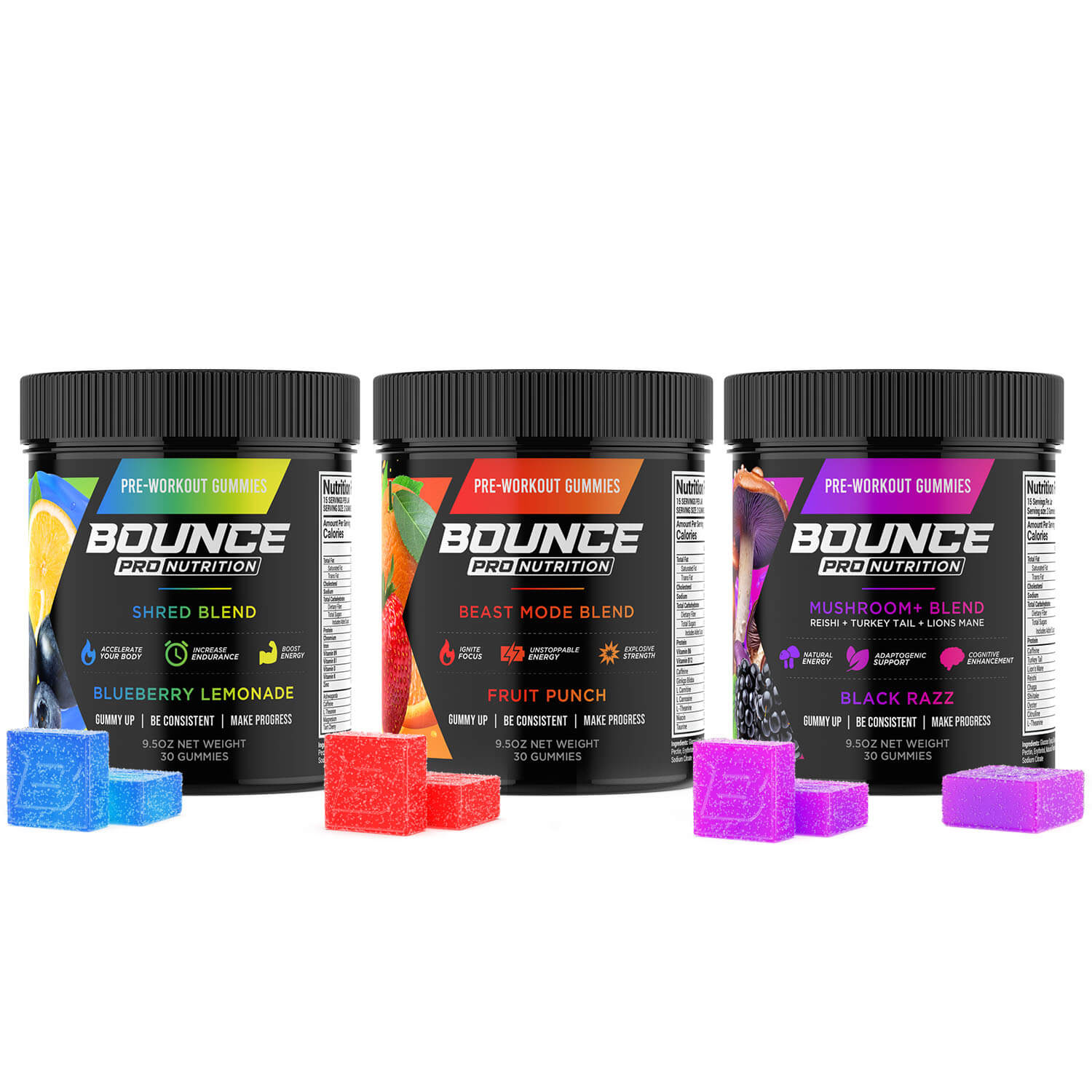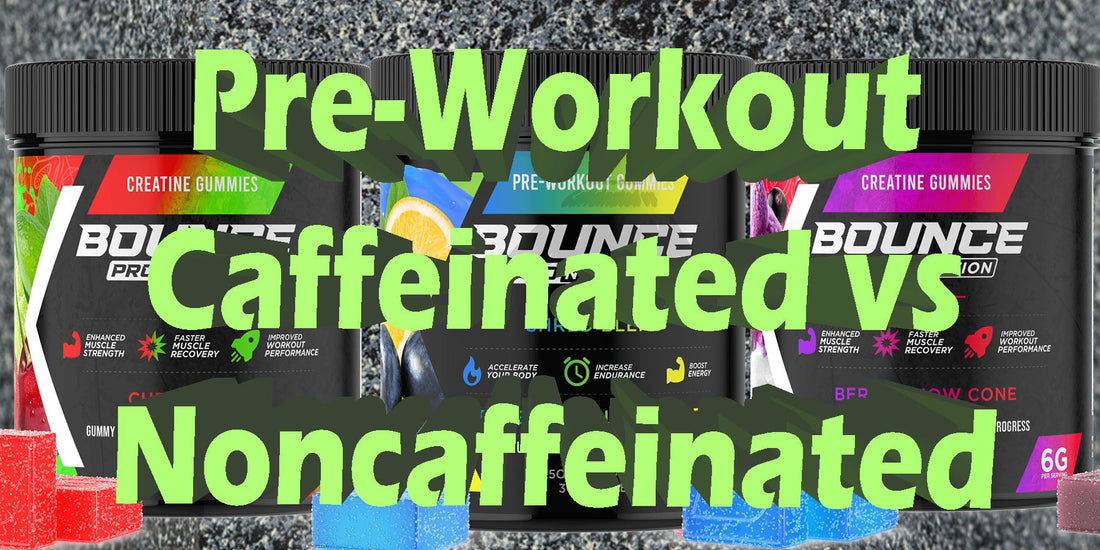Pre-workout has become synonymous with maintaining a fitness regimen over the last several years, offering a “one and done” supplement that covers all of our bases when it comes to things like energy, endurance, strength, focus, and more. Available in various product forms, pre-workout is taken shortly before you start exercise, so you can get all of those individual supplements into the system when you need them the most.
Now, each pre-workout formula on the market is unique, with its own distinctive blend of active ingredients. And, while a lot of pre-workout products contain caffeine, not all of them do. Let’s compare pre-workout with and without caffeine to give you an idea of what you might want to try.
TO BUY PRE-WORKOUT CLICK HERE
What is Pre-Workout (in terms of product)?
Before we illustrate the key differences between caffeinated vs. noncaffeinated pre-workout, let’s offer a more in-depth explanation of pre-workout in general. Again, pre-workout is a supplement that contains a variety of active ingredients that can enhance your ability to work out effectively.
We all know that certain types of supplements enhance our fitness routine, either immediately (like caffeine) or cumulatively (like B-vitamins). Pre-workout comes in product forms like gummies, powder, capsules, etc., and again, contains a specific variety of active ingredients at the discretion of the manufacturer. Examples of commonly used ingredients in pre-workout include caffeine, creatine, and beta-alanine, as well as nitrates and amino acids. Most pre-workout products are made with natural active ingredients as opposed to synthetic ones.
So, what are the key uses for pre-workout? Well, ideally, they offer an increase in energy, while preventing muscle fatigue, helping with motivation, and helping the body grow more muscle. They’re meant to be taken shortly before exercise, so that the effects peak right when the person is ready to really exert themselves, whether at home, outdoors, or in the gym. Anyone can take them if they lead a fitness-based lifestyle and want to maximize their ability to reach their goals.
Caffeinated vs. Noncaffeinated Pre-Workout
The choice between caffeinated and non-caffeinated pre-workout supplements depends largely on personal preference, specific fitness goals, and how one's body reacts to caffeine.
Caffeinated Pre-Workout
Caffeine is, of course, used primarily as a source of energy in pre-workout. It stimulates the central nervous system in order to make us feel more energized, motivated, and alert, all of which can be incredibly useful when it comes to working out. At the same time, caffeine boosts the anabolic process of converting damaged muscle tissue into new, bigger muscles – a goal of many, many people who exercise on a regular basis.
Pros:
-
Great for Energy Levels: Caffeinated pre-workout will definitely give you that push of energy that can fuel you to push yourself to the max, rather than fatiguing out in the gym. Caffeine is one of the most effective energy boosters that exists.
-
Great for Muscle Growth: Again, caffeine can actually help with muscle growth, by helping the body rebuild muscle more quickly so that you can reach your goals sooner.
-
Improved Focus: The stimulant effect of caffeine can improve concentration and alertness during workouts.
Cons:
-
Possibly Too Much for Sensitive Individuals: When taken in suggested doses, the caffeine in pre-workout shouldn’t overwhelm the nervous system. But, some people are naturally sensitive to the effects of caffeine, and can feel overstimulated, leading to feelings of being jittery, and can cause a rapid heartrate. At the same time, taking more than the recommended amount can cause you to end up overstimulated.
-
Can Be Dehydrating in Excess: Too much caffeine can be dehydrating since it is a diuretic, but fortunately, you don’t have to worry about that unless you’re taking way more gummies than recommended, which is definitely not advisable.
-
Can Cause a Crash if You’re Sensitive: Some people are more prone to “crashing” after the caffeine wears off.
-
Can Interfere with Sleep: Caffeine has a long half-life, and so, taking caffeine a few hours before bed can make it harder to fall asleep at night.
Noncaffeinated Pre-Workout
Not all pre-workout contains caffeine (but most do). One thing you have to be mindful of is that you might not feel the energizing effects as potently without caffeine, but there are other commonly used ingredients that act as stimulants, like creatine, B vitamins, certain herbs and mushrooms, etc.
Pros:
-
Less Likely to Have the Jitters: If you are sensitive to caffeine, then you might prefer less potent stimulants. You’re less likely to feel on edge, while still getting a boost in energy.
-
Can Be Great for Those Who Have to Avoid Caffeine: Some people are advised to stay away from caffeine for health reasons – like certain heart issues – although no matter what, it’s best to talk to your doctor about taking any pre-workout, just to err on the side of caution.
-
Consistent Energy Levels: Avoids the energy spike and crash often associated with stimulants, providing a more consistent energy level throughout the workout.
Cons:
-
Can Be Less Energizing: Naturally, pre-workout that doesn’t contain caffeine may not be as stimulating as those that do. Still, like we said, they usually make up for the lack of caffeine by using other ingredients that increase energy. Read the ingredients on the label to know what you’re getting, to have a feel for how intense the energizing effect can be.
-
Doesn’t Offer the Other Benefits: Drinking an energy drink before working out can make you feel overstimulated, resulting in feelings of anxiety, irritability, and difficulty focusing on the task at hand.
-
Dependent on Other Ingredients: The effectiveness heavily relies on the blend of other ingredients, which may vary greatly between different brands and products.
Is Caffeine Right for Your Pre-Workout Needs?
Pre-workout comes in all kinds of formula choices, and while most of them do contain caffeine, that’s not always the case. The key is knowing how your body reacts to caffeine, and even considering the amount of caffeine that’s in any given formula. So, when deciding between caffeinated and non-caffeinated pre-workout, consider the following:
-
Caffeine Sensitivity: If you're sensitive to caffeine or have conditions like anxiety or hypertension, a non-caffeinated pre-workout might be better.
-
Workout Time: If you exercise in the evening, a non-caffeinated pre-workout can help avoid sleep disturbances.
-
Fitness Goals: Consider what you're aiming to achieve with your workouts and choose a supplement that aligns with those goals.
-
Trial and Error: Sometimes the best way to choose is through personal experience. Try different products and observe how your body responds.
Bounce Nutrition carries a variety of pre-workout gummies, all of which contain naturally derived caffeine in amounts that are effective without being excessive. Try our pre-workout gummies, and see for yourself how when done right, caffeine can offer the boost in energy that you need without the jitters or a crash.































